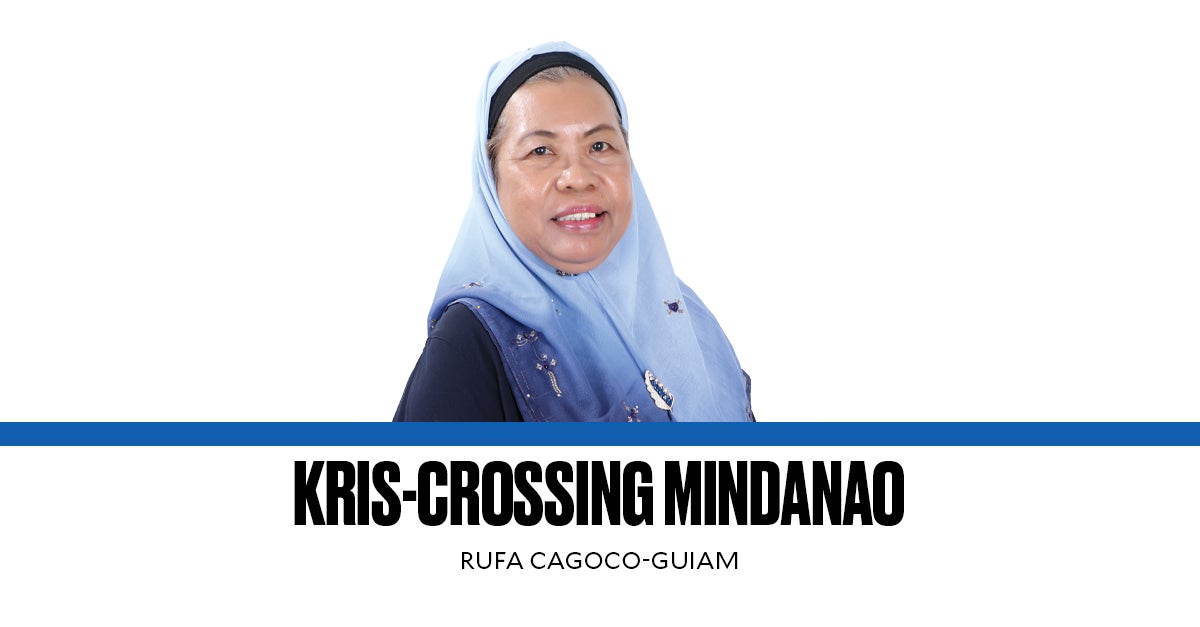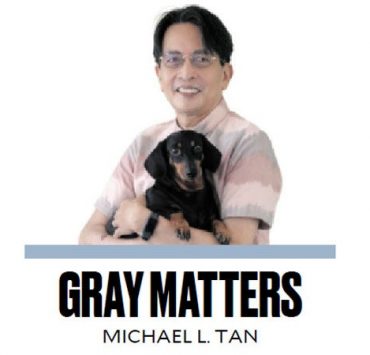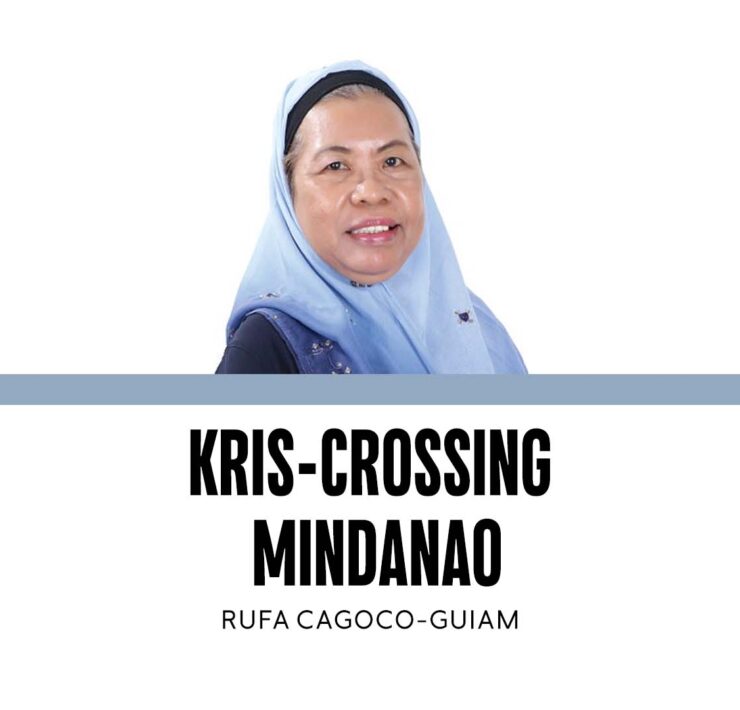Grim political prospects for 2025 (1)

General Santos City—Here at home on a short holiday break, I feel unease at the prospects for next year, as we face another political “carnival” occurring every three years—the midterm national and local elections.
Unlike the usual carnivals that have brought enormous joy to many kids or to those who are kids at heart, the political carnivals we have witnessed over the years have spawned enmities among community members, former friends, and allies, creating deep fissions in an already divided society.
The second half of the current year 2024—has brought to our respective households (via broadcast and social media) a series of mudslinging bouts between two political Goliaths in the country—the Marcoses and the Dutertes. As the holidays crept in, bringing in the final days of the year, this war between the two families (and their allies) calmed down a bit, creating a lull that could only be the usual calm before the storm.
And I fear we might witness that political storm slowly gaining strength starting in the first few months of 2025. I fear it might lead to a major political upheaval that could incite a recurrence of what the father of the sitting president did, more than four decades ago. Having witnessed this dark period in our history as a college student then, I shiver at this morbid thought. God forbid.
We are already hearing and seeing some rumblings of this political storm that already is like a sword dangerously hanging above us in the way the 2025 budget has been decided on. The Marcos-Romualdez-dominated faction of both the Senate and the House of Representatives have managed to come up with what former finance secretary Cielo Magno (economics professor of the University of the Philippines) refers to as the “most corrupt budget” in our financial history so far.
Even the Marcos-Romualdez families are already at odds with each other on the 2025 budget. Both President Marcos and his elder sister, Senator Imee, think this humongous P6.3 trillion budget for next year must be vetoed, as it has items that could be held hostage for political maneuvering and electioneering, as the midterm May 2025 elections loom.
On the other hand, Speaker Martin Romualdez (the President’s cousin) has spoken in a privilege speech that the 2025 budget is according to the needs of the Filipino people. I wonder if Romualdez truly understands the needs of people who have not enjoyed the privilege of wealth and power like him and their powerful political families.
But according to budget analysts, a veto does not necessarily “correct” the flaws in the budget already approved in the two houses of Congress. This is especially true for next year, as it is an election year, a season for political horse-trading and maneuvering, and the budget line items can be used as leverage to gain an upper hand in the results of next year’s elections. Or it can be used to fuel some lawmakers and elected officials’ more avaricious strategies, “legally” stealing from peoples’ money and getting away with it, as usual. Corruption has been so embedded in Philippine politics that it is no longer a surprise when we hear reports of politicians milking funds from government coffers—it has become a “normal” way of conducting government affairs.
What the 2025 budget needs is a serious review of the rationality of some “inserted” line items, which, as Mr. Marcos has expressed in a recent television interview, “have no clear program of work, and explanations of how the money will be spent.” But he says he cannot send it back to the bicameral committee, and what he has done now is to veto some items. If he does not do anything, last year’s budget will be put in place. But this is where some dirty maneuvers will take place as it will be subject to some lobbying for “insertions” from some lawmakers to advance their political interests.
Other than the flawed 2025 budget, we face another prospect of electing into office people who only have their popularity as a major qualification. Even before the formal period for campaigning is set, we are seeing ubiquitous tarpaulin advertisements with huge images of those who want to be elected senators, representatives, local government executives in many parts of our highways, public and private buildings, and even on private cars.
In those ads are pictures of those who have a lot of financial resources to burn for their election campaigns. To evade being called out for electioneering, these candidates refrain from using the words “vote for me” in their huge tarpaulin ads. But this is unfair to those who want to truly become servants of the people but do not have the financial resources to generate popular knowledge about them.
(To be concluded next week.)


















